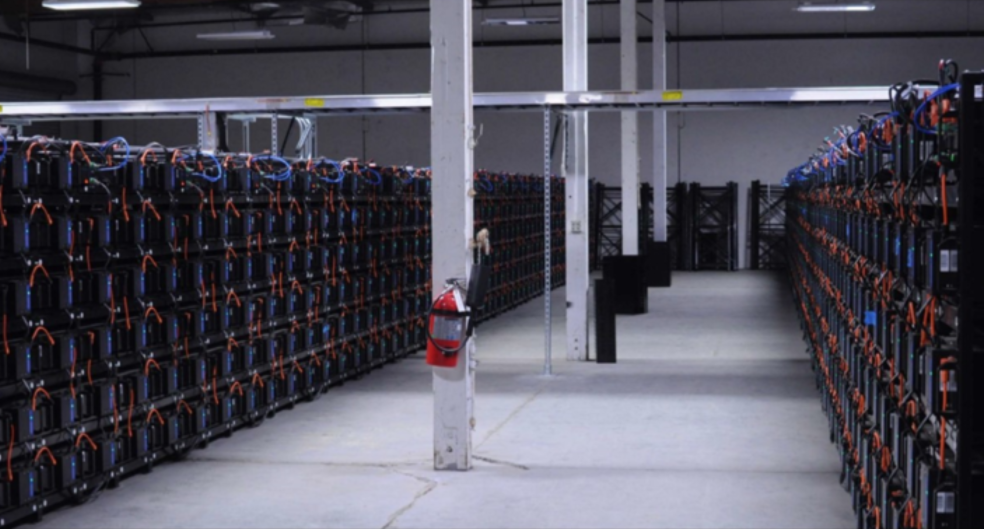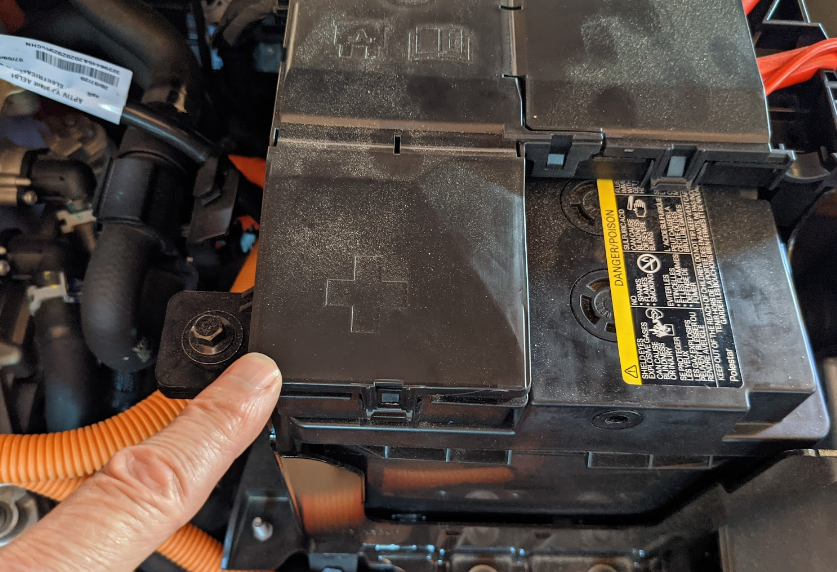Harnessing the Power of Lithium Batteries for Smart Grids
With the increasing demand for sustainable and reliable energy sources, the use of smart grids has gained significant attention. Smart grids integrate advanced communication and information technology into the traditional electrical grid system, enabling two-way communication between consumers and utility providers. One crucial aspect of smart grids is the use of energy storage systems, such as lithium batteries. This article explores the potential and benefits of harnessing the power of lithium batteries for smart grids.
Lithium Batteries Overview
Lithium batteries are rechargeable energy storage devices that utilize lithium ions to generate electrical energy. They have become the preferred choice for various applications due to their high energy density, longer lifespan, and ability to provide consistent power output. Lithium batteries are also lightweight and have a low self-discharge rate, making them ideal for smart grid integration.
Benefits of Lithium Batteries for Smart Grids
Grid Stability and Power Quality
One of the significant challenges faced by traditional grids is maintaining grid stability and power quality, especially with the increasing integration of renewable energy sources. Lithium batteries can help mitigate these challenges by providing quick response times and fast ramping capabilities. They can store excess energy during times of low demand and discharge it during peak periods, thereby stabilizing the grid and improving power quality.
Renewable Energy Integration
As the world moves towards a greener future, renewable energy sources such as solar and wind are being integrated into the grid. However, the intermittent nature of these sources poses challenges to grid stability. Lithium batteries can effectively address this issue by storing excess energy generated during high-production periods and supplying it during low-production periods, ensuring a consistent power supply from renewable sources.
Peak Shaving and Load Management
Peak shaving refers to the ability to reduce the overall demand during periods of peak load. By utilizing lithium batteries, excess energy can be stored during low-demand periods and discharged during peak demand, thereby reducing strain on the grid and preventing blackouts. Additionally, lithium batteries can enable load management by providing a stable power supply during demand fluctuations, ensuring uninterrupted electricity for consumers.
Voltage Support and Frequency Regulation
Maintaining voltage stability and frequency regulation is crucial for a reliable grid. Lithium batteries can provide voltage support by injecting or absorbing reactive power based on the grid\’s requirements. They can also provide frequency regulation by responding quickly to frequency deviations, ensuring a stable and reliable power supply.

Our lithium batteries boast an impressive cycle life, ensuring longevity and reliability over the years.
Challenges and Future Outlook
While lithium batteries offer numerous benefits for smart grid integration, there are also challenges that need to be addressed. These include high initial costs, limited lifespan, and potential environmental concerns related to the extraction and disposal of lithium. However, ongoing research and development efforts are focused on improving battery performance, reducing costs, and exploring sustainable recycling options.
Looking ahead, the future of harnessing lithium batteries for smart grids is promising. Advancements in battery technology, coupled with government incentives and regulations promoting renewable energy integration, will drive the widespread adoption of lithium batteries in smart grids. The benefits of improved grid stability, increased renewable energy integration, and efficient load management make lithium batteries an integral component of the smart grid infrastructure.
Conclusion
Lithium batteries offer a range of benefits for smart grid integration, including grid stability, renewable energy integration, peak shaving, and voltage/frequency regulation. Although there are challenges to overcome, the future outlook for harnessing the power of lithium batteries in smart grids is positive. By leveraging the capabilities of lithium batteries, the world can move towards a more sustainable and reliable energy future.
-
 With the increasing reliance on portable electronic devices, the need for a reliable and long-lasting power source has become more important than ever. The high capacity 12V 100Ah LiFePO4 battery is the solution to this problem, offering users a powerful and efficient way to power their devices. LiFePO4, which stands for lithium iron phosphate, is the chemistry used in...Read more
With the increasing reliance on portable electronic devices, the need for a reliable and long-lasting power source has become more important than ever. The high capacity 12V 100Ah LiFePO4 battery is the solution to this problem, offering users a powerful and efficient way to power their devices. LiFePO4, which stands for lithium iron phosphate, is the chemistry used in...Read more -
 Rail transportation is an important mode of transportation all around the world. It is used for the transportation of people, goods, and raw materials for various industries. The locomotive is the heart of this mode of transportation, and it requires a reliable power source to start and operate. One of the most essential components of a locomotive is the...Read more
Rail transportation is an important mode of transportation all around the world. It is used for the transportation of people, goods, and raw materials for various industries. The locomotive is the heart of this mode of transportation, and it requires a reliable power source to start and operate. One of the most essential components of a locomotive is the...Read more -
 Introduction The locomotive starter battery is a vital component in the operation of trains. It provides the initial power required to start the locomotive engine and helps in the efficient operation of the train. In this article, we will discuss the importance of the locomotive starter battery, its components, types, and maintenance. Importance of Locomotive Starter Battery ...Read more
Introduction The locomotive starter battery is a vital component in the operation of trains. It provides the initial power required to start the locomotive engine and helps in the efficient operation of the train. In this article, we will discuss the importance of the locomotive starter battery, its components, types, and maintenance. Importance of Locomotive Starter Battery ...Read more -
 Lithium-ion battery, as one of the core technologies in the field of modern energy storage, has been attracting attention since its birth with its excellent performance and wide application prospects. This article will deeply explore the basic principles, structural composition and unique advantages of lithium-ion batteries in energy storage, and reveal the secrets of this technological product to you. 1....Read more
Lithium-ion battery, as one of the core technologies in the field of modern energy storage, has been attracting attention since its birth with its excellent performance and wide application prospects. This article will deeply explore the basic principles, structural composition and unique advantages of lithium-ion batteries in energy storage, and reveal the secrets of this technological product to you. 1....Read more -
 Lithium batteries have revolutionized the way we use and store energy. They have become an essential component in electronic devices and electric vehicles, and now they are making their way into renewable energy systems. The latest innovation in lithium batteries is the 100Ah Lithium Battery with Lifepo4 Technology. Lithium batteries are known for their high energy density, which means...Read more
Lithium batteries have revolutionized the way we use and store energy. They have become an essential component in electronic devices and electric vehicles, and now they are making their way into renewable energy systems. The latest innovation in lithium batteries is the 100Ah Lithium Battery with Lifepo4 Technology. Lithium batteries are known for their high energy density, which means...Read more -
 Introduction: In today's digital era, the importance of mobile devices cannot be overstated. Smartphones, tablets, and laptops have become an integral part of our lives, enabling us to stay connected, work, and entertain ourselves on the go. However, the true power behind these devices lies in their batteries. Lithium-ion batteries, in particular, have revolutionized the world of portable electronics,...Read more
Introduction: In today's digital era, the importance of mobile devices cannot be overstated. Smartphones, tablets, and laptops have become an integral part of our lives, enabling us to stay connected, work, and entertain ourselves on the go. However, the true power behind these devices lies in their batteries. Lithium-ion batteries, in particular, have revolutionized the world of portable electronics,...Read more -
 Introduction: In today's fast-paced world, where technology is an integral part of our daily lives, the need for reliable and long-lasting power solutions has become more important than ever. The emergence of lithium batteries has revolutionized the energy storage industry by providing efficient and durable power sources. Among them, the 100Ah LiFePO4 lithium battery stands out as an exceptional...Read more
Introduction: In today's fast-paced world, where technology is an integral part of our daily lives, the need for reliable and long-lasting power solutions has become more important than ever. The emergence of lithium batteries has revolutionized the energy storage industry by providing efficient and durable power sources. Among them, the 100Ah LiFePO4 lithium battery stands out as an exceptional...Read more

